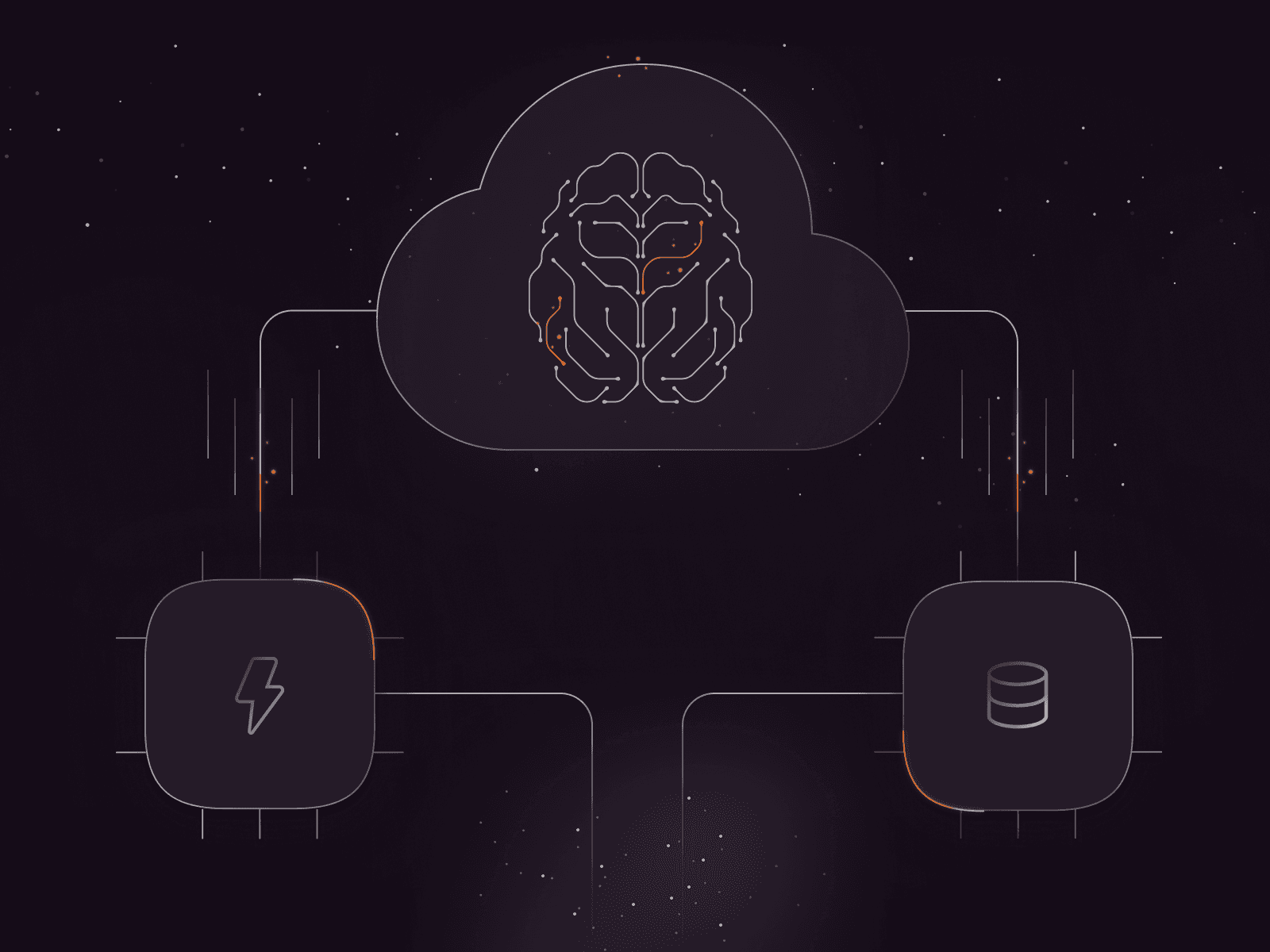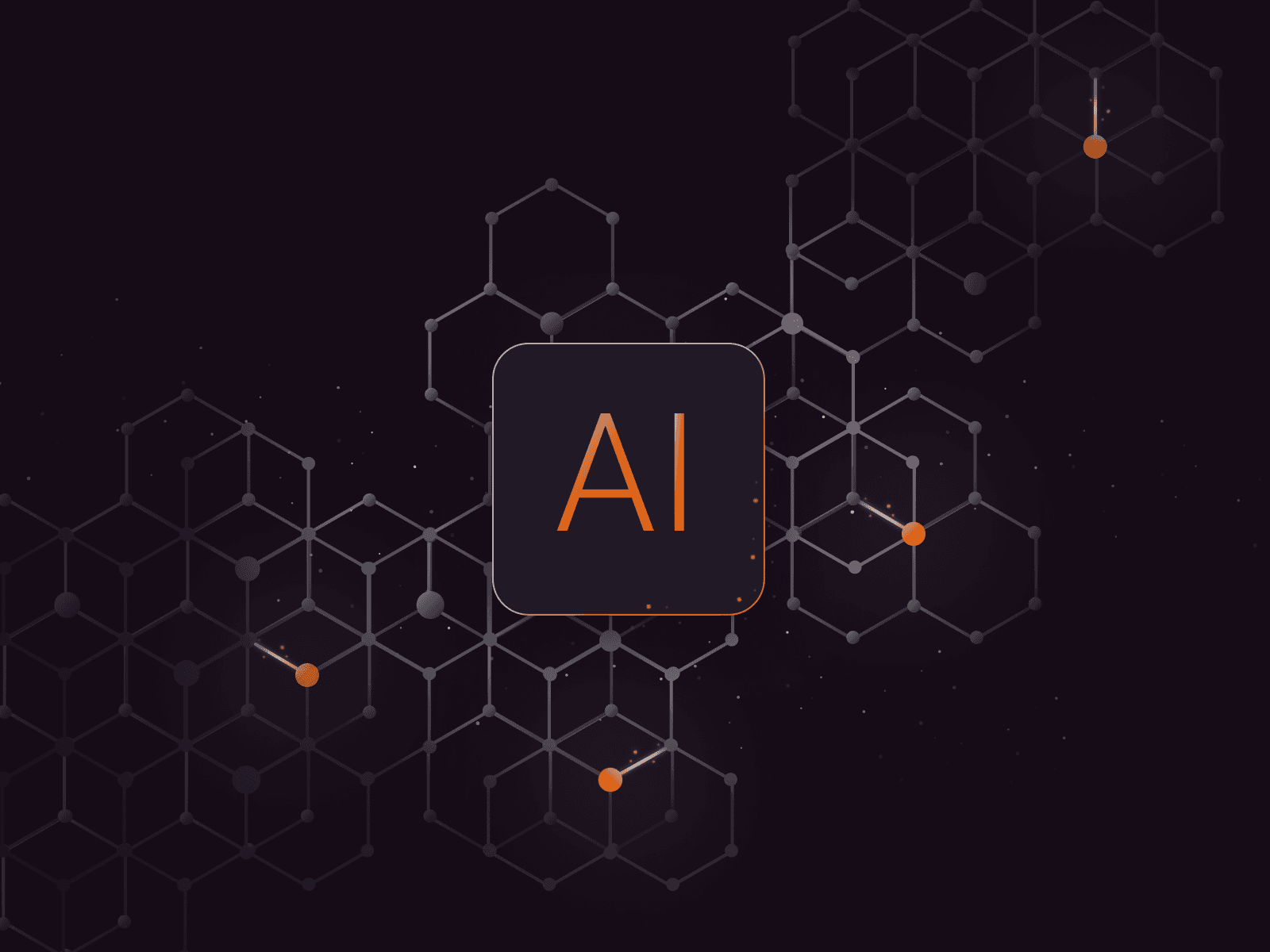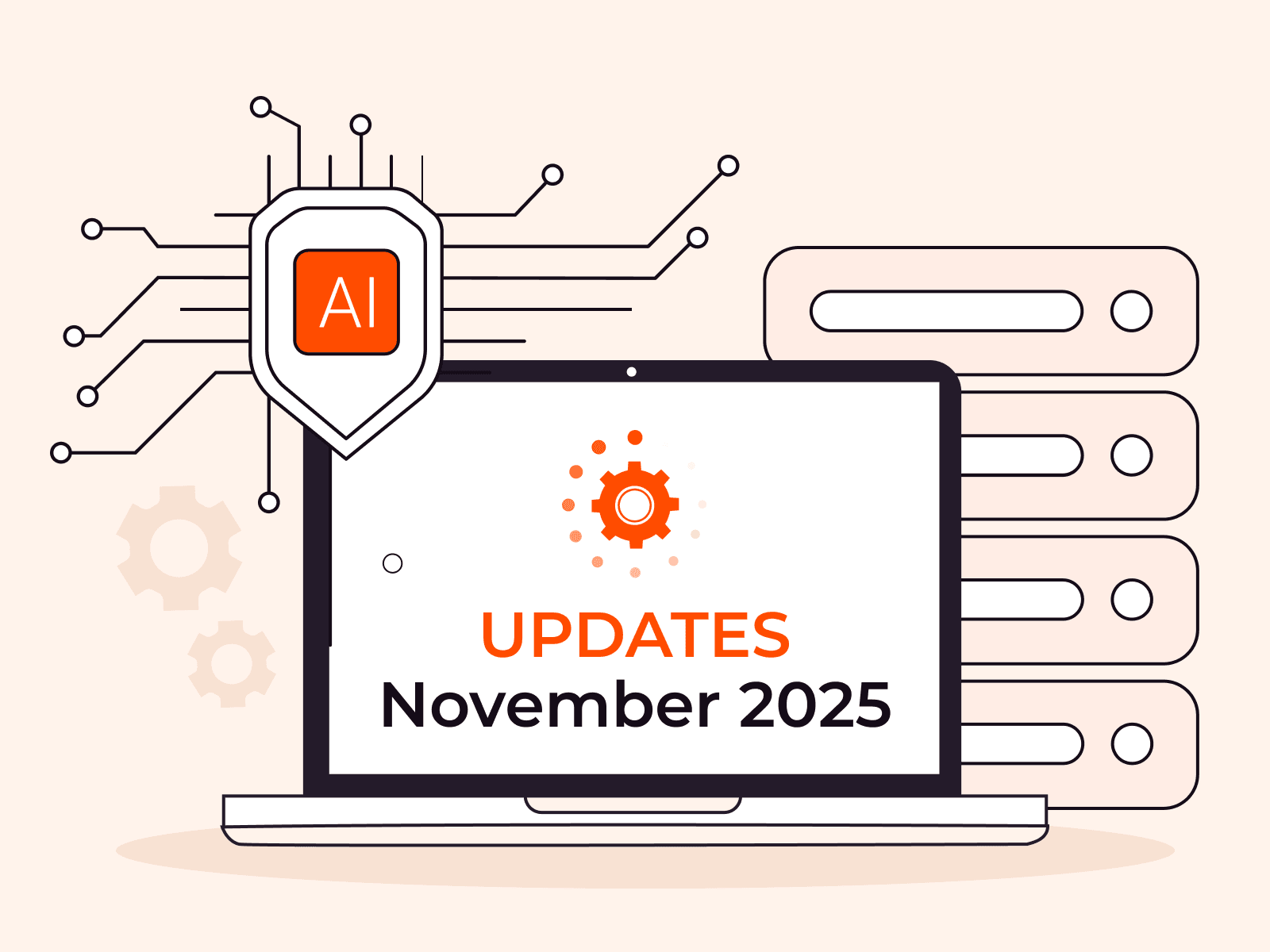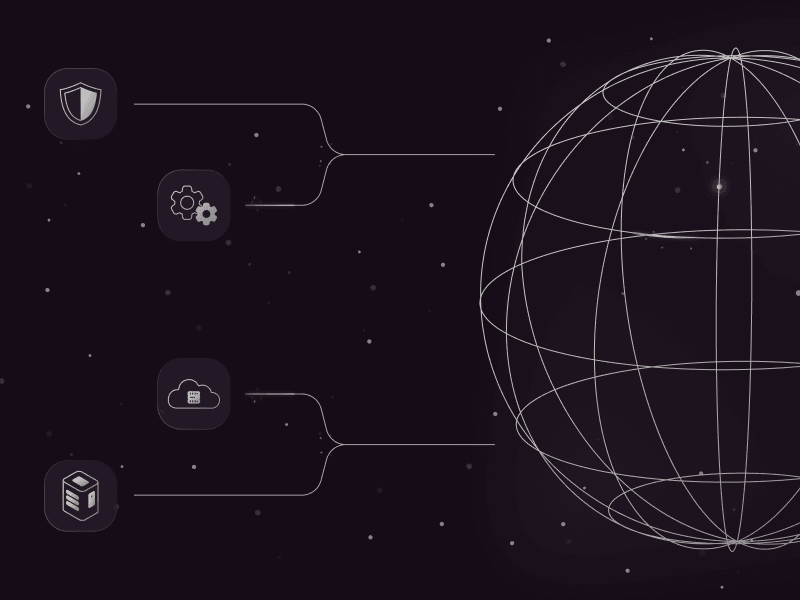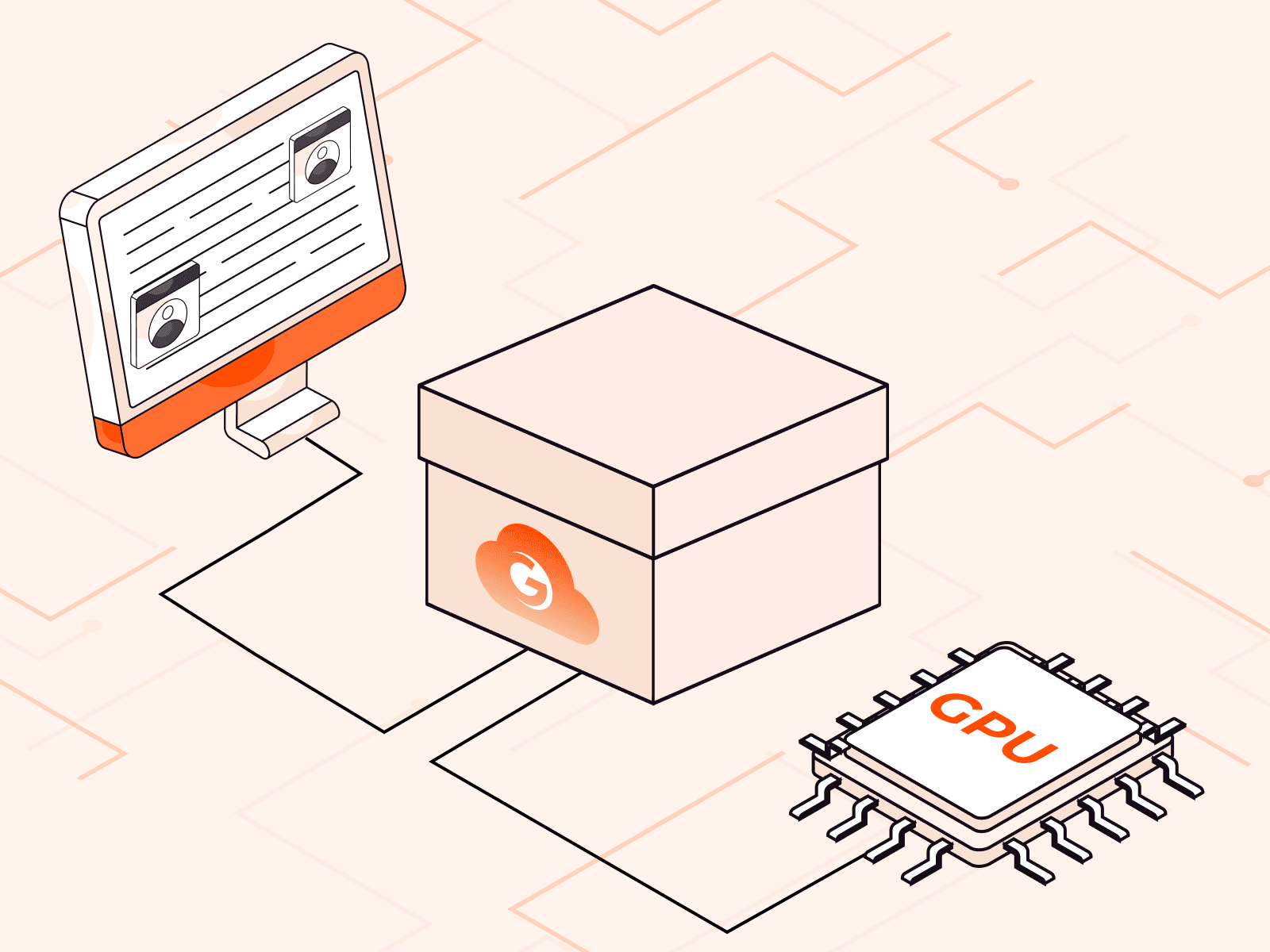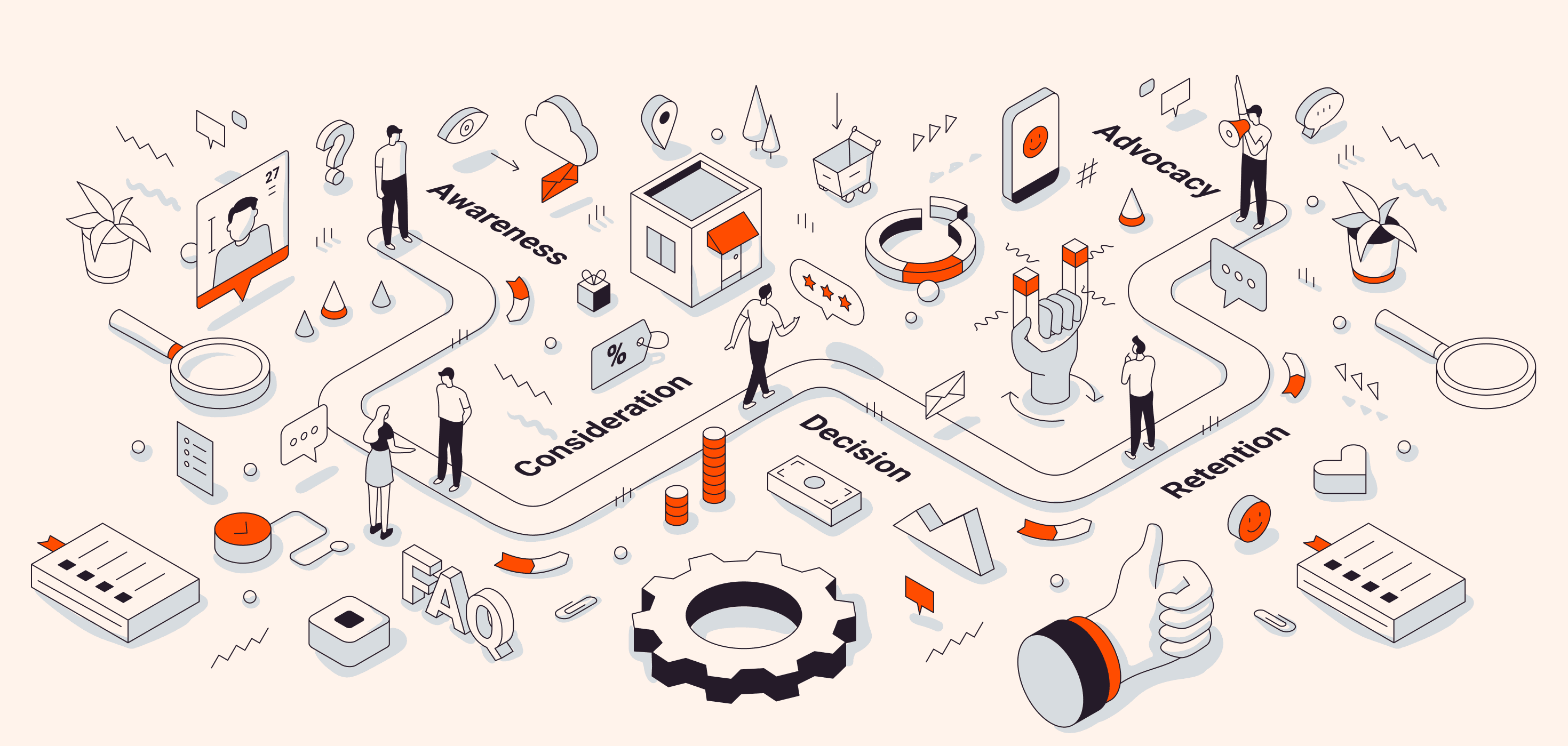How to apply artificial intelligence in medicine and healthcare
- January 21, 2021
- 5 min read


According to the Grand View Research consulting company, global spending on artificial intelligence in medicine and healthcare amounted to $2.5 billion in 2018. The introduction of technologies that include algorithms for analyzing big data (information about the state of health of the population, the results of laboratory and genetic research) and automatic speech recognition systems, is aimed at achieving the following main goals:
- Reducing the number of medical errors leading to, among other things, death, by increasing the accuracy and speed of diagnosis.
- Ensuring more effective interactions between doctor and patients by reducing the administrative burden on medical personnel.
- Reducing costs and accelerating the development of new drugs.
Let’s consider several scenarios for using artificial intelligence technologies in medicine and healthcare.
Epidemiology

Artificial intelligence and cloud services have become especially popular during the coronavirus pandemic, as they made it possible to provide the following:
- real-time collaboration by medical professionals using communication platforms with built-in artificial intelligence capable of recognizing spoken and written speech in different languages (chat bots, voice assistants, machine translation systems);
- fast diagnosis based on the analysis of medical images (including chest CT scans);
- monitoring of patients;
- accelerated drug development;
- forecasting of the spread of the disease.
In China, where the first coronavirus patients were recorded in December 2019, a set of solutions based on artificial intelligence and cloud services was proposed in March 2020 to combat the pandemic.
DingTalk communication platform. A platform for the international exchange of experience in diagnostics, treatment, and counteraction to the spread of the coronavirus infection. Medical workers communicate in a group chat where artificial intelligence translates users’ text messages in real time. The system supports 11 languages: Arabic, Indonesian, Chinese, English, French, Japanese, Russian, Spanish, Thai, Turkish, and Vietnamese. A video conferencing format is available for remote diagnostics.
Epidemic forecasting system. Artificial intelligence is used to simulate the spread of the coronavirus infection in various regions of the world. When developing the algorithmic model, statistics were used on sick, dead, and recovered patients in the provinces of China.
CT image analysis system. The AI-powered system was trained based on 5,000 medical chest images of Chinese patients. According to the developer, the accuracy of diagnosing coronavirus is 96%. The time required to analyze a CT scan is less than 10 seconds.
The ability to accelerate machine learning is one of the strengths of the Gcore AI Platform. It’s suitable for testing and launching AI-based medical applications in emergency conditions.
Radiology tests

Analysis of medical images (for example, CT and MRI images) for diagnosing diseases (primarily oncological ones) forms the basis of the scientific field called radiomics which is developing at the intersection of radiology, computer technology, and mathematical statistics. It is expected that the future use of artificial intelligence will allow doctors to abandon invasive diagnostic procedures accompanied by a high risk of complications and discomfort for the patient (for example, endoscopy or biopsy).
The analysis of medical images based on artificial intelligence and cloud services has already increased the accuracy of detecting diseases and predicting their development. This is achieved by training algorithms based on big data collected in medical institutions from patient examinations.
The Artificial Intelligence Laboratory of the American College of Radiology has developed an open, scalable platform available for implementation and use in specialized clinics and research institutes in the United States without additional software costs. This solution allows radiologists who don’t have programming skills to apply artificial intelligence technologies in their practice for the following purposes:
- to analyze datasets;
- to develop algorithms and models for machine learning;
- to evaluate their effectiveness in diagnosing patients and predicting the development of diseases;
- to share the results with colleagues.

According to the developers, the platform meets the safety requirements set by the US Department of Health and Human Services.
Digital medical records

Artificial intelligence makes it easier to work with patients’ medical records, relieving doctors from unnecessary administrative burden. The time they have to spend filling out paperwork is reduced thanks to voice assistants. The integration of the Dragon Medical One platform with AI-based speech recognition technology for electronic medical records allows, according to the manufacturer, to input information about the patient’s health status and the course of treatment 45% faster and 20% more detailed than when doctors input it manually using the keyboard.
Digital medical records contain data both in structured (test results) and unstructured forms (patient complaints, doctor’s recommendations). Artificial intelligence allows you to quickly search and process information of various formats for an accurate diagnosis.
All the necessary tools for creating and developing solutions that can analyze data from electronic medical records are integrated into our AI Platform. Our specialists will offer the optimal system configuration to implement the ideas of medical application developers.
Preventive diagnostics

Artificial intelligence and cloud services help identify predisposition to the development of the disease, allowing patients to start treatment as early as possible.
To assess the risks of developing various diseases (including diabetes, hypertension, and atherosclerosis), the Airdoc AI system uses images of the retina. Early detection of symptoms allows treatment to begin sooner, which helps avoid serious complications such as blindness and stroke in diabetic patients.
High-resolution medical images from a digital scanner are transferred to the cloud for further processing. AI algorithms analyze images of the patient’s retina in both eyes for abnormalities (such as spots and deformed blood vessels) in 20 to 30 milliseconds. Diagnostic results with information on the level of risk for 30 diseases are then sent to the patient’s email address.
A multipurpose AI Platform will help reduce the cost of implementing new solutions in the field of preventive diagnostics. It contains ready-made data processing frameworks and, at the same time, is suitable for developing unique algorithms for the specialized tasks of medical applications.
Medical robots

Robotics in healthcare provides high precision and safety in surgical operations, during endoscopic diagnostics, and in therapeutic procedures.
Robots act as intermediaries between doctors and patients. For example, the Mabu companion helps check the health of patients with heart failure, rheumatoid arthritis, or liver cancer. AI-based speech recognition technology allows the robot to learn the peculiar features of the patient through daily conversation.
Mabu asks questions about the patient’s well-being, medical parameters (e.g. weight), and symptoms of the disease (in case of heart failure, shortness of breath should be monitored). The robot then transmits the received information to the doctor, nurse, and pharmacist, who then dispenses the necessary medicines. After receiving the prescriptions, the robot monitors the course of treatment: it provides the patient with necessary recommendations and reminds them to take their medication.
A new approach to providing medical care

Artificial intelligence will change the way people think about the healthcare system, as well as the healthcare services available to patients.
Wearable electronic devices that measure vital signs will provide regular health monitoring. Artificial intelligence will analyze the collected data and warn the patient in advance about the need to seek medical help.
According to the startup Current Health, their AI platform for remote health monitoring can detect over 100 diseases. The wireless wearable electronic device, which is attached to the patient’s arm, monitors their pulse, pressure, temperature, and other medical parameters on a daily basis. The data is analyzed by artificial intelligence, making it possible to identify the risk of complications at an early stage.

The application, available on stationary and mobile devices, contains detailed information about the patient’s condition. The built-in chatbot asks questions about patient’s health and symptoms. Consultations with a physician are available in video format. The platform is integrated with digital medical records.
Support for vital bodily functions using artificial intelligence is a promising area of biomedical research associated with the reproduction of lost functions in patients with disabilities using robotic prostheses and augmented reality technologies. The future development of neurocomputer interfaces will facilitate the joint work of artificial intelligence and the human brain.
In 2019, the universities of North Carolina and Arizona (USA) introduced a jointly-developed automatic knee prosthesis adjustment system. While it takes up to several hours to adjust all 12 parameters of a robotic joint manually to ensure normal walking, artificial intelligence copes with the task in just 10 minutes.
For healthcare institutions and IT companies that develop medical applications, we are ready to provide a reliable, powerful, and secure AI Platform with full-cycle machine learning support.
The Gcore cloud services are efficient, profitable, easy to use, and will improve the quality of medical services.
Related articles
Subscribe to our newsletter
Get the latest industry trends, exclusive insights, and Gcore updates delivered straight to your inbox.

